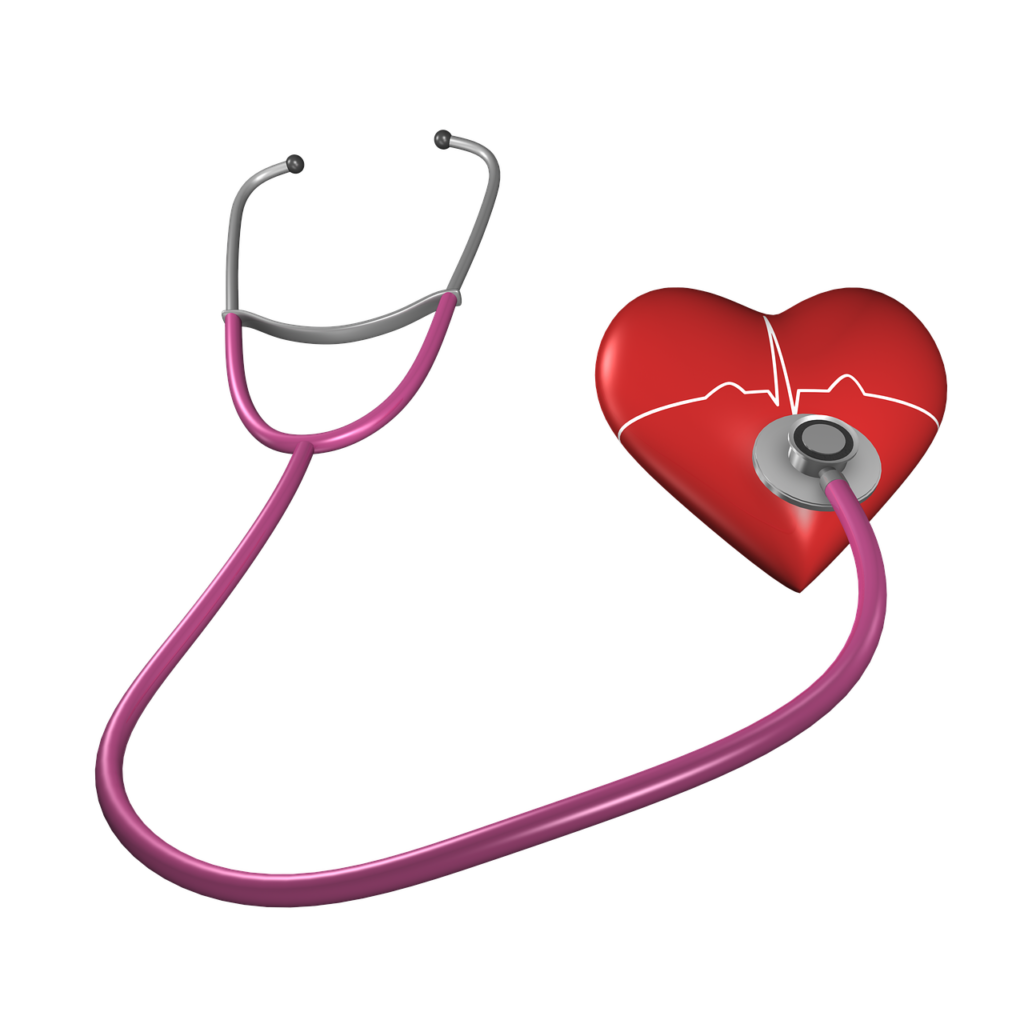Heart Patient: What Is Heart Arrhythmia?
Summary
Arrhythmia: What is it?
Types of cardiac arrhythmia
Heart arrhythmia: symptoms and diagnosis
Treatments for arrhythmia
A “heart arrhythmia” occurs when the heart does not beat at a regular rate: it may be too slow, too fast, or irregular. There are many types of arrhythmias of varying frequency and severity.
Arrhythmia: what is it?
Usually, the heart rhythm varies between 60 and 80 beats per minute at rest. The rhythm is regular. The heartbeat is governed by electrical discharges emitted by the sinus node, the heart’s natural pacemaker. These cause the ventricles and atria to contract in a specific order, allowing the blood to flow.
When this heart rhythm is abnormal, it is called an “arrhythmia”.
Good to know: In athletes, the heart muscle is strong. Fewer beats are needed to pump the blood and allow it to circulate, which is why the heart rate is often below 60 beats per minute in this population.
Types of heart arrhythmia


The heart can beat irregularly, too slowly, or too quickly. Let’s look at several types of arrhythmias in detail.
Arrhythmias in the atria (supraventricular)
There are many arrhythmias involving the atria:
– Atrial fibrillation (AF): it is a frequent arrhythmia characterized by an activity of the atria too fast and irregular. Their functioning is therefore inefficient, and blood stagnates in the cavities of the atria. This blood can form a clot that can migrate to the brain’s arteries and cause a stroke.
– Atrial flutter: the atrium contracts at a higher rate than usual.
– Paroxysmal supraventricular tachycardia: the heart rate can be very fast, over 150 beats per minute.
– Wolff-Parkinson-White syndrome: a congenital (born with) disease, which is often diagnosed in young adults.
Arrhythmias in the ventricles (ventricular)
Arrhythmias can also involve the atria:
– Ventricular tachycardia: the lower chambers of the heart beating too fast. The risk can be vital if tachycardia prevents the blood from being pumped efficiently.
– Ventricular fibrillation: the electrical signal controlling the contraction of the ventricles is disordered; the ventricles contract rapidly without efficiency. It is necessary to use a defibrillator to correct this anomaly with an electric shock.
Good to know: Some drugs such as domperidone (Motilium®, Peridys®, Oroperidys®), used as an antiemetic, can cause serious ventricular arrhythmias.
Note: domperidone-based medication (such as Motilium® and its generics) is prohibited for people under 12 years of age and people weighing less than 35 kg because of their ineffectiveness against nausea and their cardiac risk.
Bradycardia (slow heartbeat)
If the heart beats too slowly, it does not work efficiently enough to pump and circulate blood to meet the body’s needs. This is called “bradycardia”.
There are several causes of bradycardia, including:
– Sinoatrial node disease: malfunctioning of the sinoatrial node can lead to occasional or permanent arrhythmias, which may require a pacemaker.
– Heart blocks: usually, an electrical signal is transmitted from the atria to the ventricles allowing a coordinated contraction. In an atrioventricular blockage, an abnormality in this electrical signal interferes with the coordination of myocardial (heart muscle) contractions.
Cardiac arrhythmia: symptoms and diagnosis
Depending on the type of arrhythmia, the symptoms and severity vary greatly. Some are not very symptomatic, not serious, while others can be fatal.
Symptoms can be:
– heart palpitations;
– faintness, even loss of consciousness;
– fatigue, shortness of breath.
The doctor will suspect arrhythmia with the interrogation data, the auscultation, and taking of the pulse. To make a definite diagnosis, he may prescribe additional tests: electrocardiogram (ECG), Holter-ECG (24-hour recording of the heart rhythm), stress test, etc.
Treatments for arrhythmia
Depending on the type of arrhythmia, the treatments are different:
you can use antiarrhythmic drugs, anticoagulants, or even heart slowing drugs depending on the identified cause of the arrhythmia;
– in some cases, the implantation of a device is justified: pacemaker or implantable defibrillator;
– some types of arrhythmias can be treated with radiofrequency, which neutralizes the abnormal electrical circuits of the heart.


